It was something that had been consciously planned for some time. He knew where he wanted to go and he knew how to do it. Or at least he thought he knew. And during this process, I had to train.
Maybe the important thing about this whole story is not what I did, but how I got there. The journey was tremendously long and went through a series of difficult stages.
The hardest part, undoubtedly, was preparing for a type of work that "doesn't exist".
Technology has led to a number of new types of jobs for which there is obviously no formal training whatsoever.
Everything is new, and many times those of us who engage in these new types of work are simply leading the way.

It is essential to train in those disciplines that, for one reason or another, will converge in this new type of work. But how is something formed that does not yet exist?
This part is interesting. Generally all new professions are based on a hard core that is built on "what is happening", but there are many alternative disciplines common to all.
Right now, for example, when working with technologies, know, understand and know how to interact with agile working methods a plus.
The same happens, in many cases, with companies that are changing the paradigm in hiring talent and requiring their new employees to adhere to codes of conduct that require at least to know what the soft skills, which are the most requested and how to apply them internally. a work environment.
Communication skills, use of empathy, team management, leadership ... all that for some may be a little "smoke", is really starting to penetrate very deeply into companies.
Not many days ago I had the opportunity to give a leadership and team management webinar to over 800 people for a large company.
Most of the questions, after the talk, were related to this type of skills, especially as regards team management.

There is a great deficit and need for personnel, more than experts, with the ability to understand that "the boss" is obsolete and that more and more people are called upon to manage teams that go beyond being mere tyrants with some decent job management skills.
And for this you have to train. During the entire COVID pandemic (and what will last, remember) you made bread, improved your cooking skills, made billions of things to kill all that time… but have you learned? Have you done something in that direction?
I assure you that the work environment is about to take a fundamental turn: suddenly the offices have started to no longer make sense and working from home, when possible, will be the norm. Offices will be smaller, with “hot spots” for specific occasions, and those trained to take advantage of this paradigm shift in work format will have a lot of progress, but that's just the beginning.
I remember how over a year ago, a senior human resources executive at a major Russian energy company gave us a speech (hey, that was a master class) on managing remote teams.
The most interesting part of all that speech was not dedicated to the “work” itself, but to how to bring the team together, how to make everyone work together within an environment… and it's happening! But it was already happening, and although it was more or less the exception then, today it is the norm.
Everything you learn. Part, of course, with experience, but much of that experience is already documented, ready to be consumed, learned and then put into practice.
In the corporate environment, in large companies, in many of those in which one would like to work, this type of practice has been implemented for some time, and the trend is accelerating at full speed. The data proves it.
Right now is a good time to start learning. Not to study, but to learn.
Studying only implies assimilating and understanding the theoretical part, but you have to put it into practice. There are a lot of new professions waiting for you out there, with a large technological component on the one hand yes, but also with the dire need for a set of skills that need to be learned, as they cannot be acquired in a job market. is perverted by widespread malpractice.
There are also professions that will never go out of business. For example, you can turn your language skills into money by dedicating yourself to translation. Find companies interested in translators on PickWriters. Never stop improving and you will have your dream job.
It is time to learn. Those who don't, will be left behind, in the queue that no one wants to do.

Charles Burges
Content Manager ES Programming and Creative Library at LinkedIn Learning




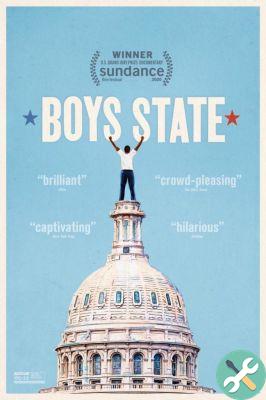



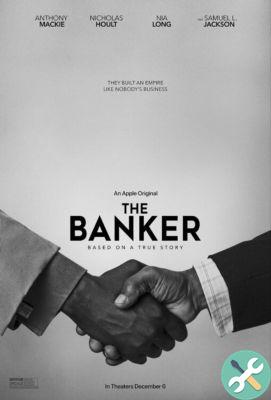

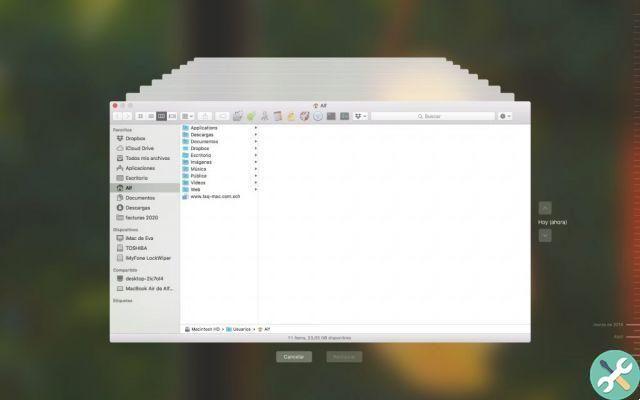
![Google also wants your Apple News [Updated] [2]](/images/posts/943dc0d8f28fcc4bc16fa30ed6d71f6a-0.jpg)

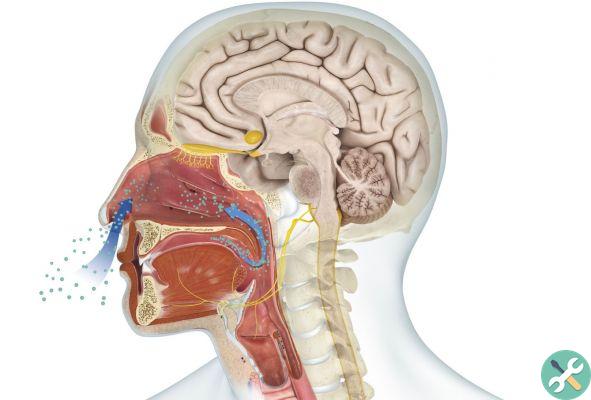
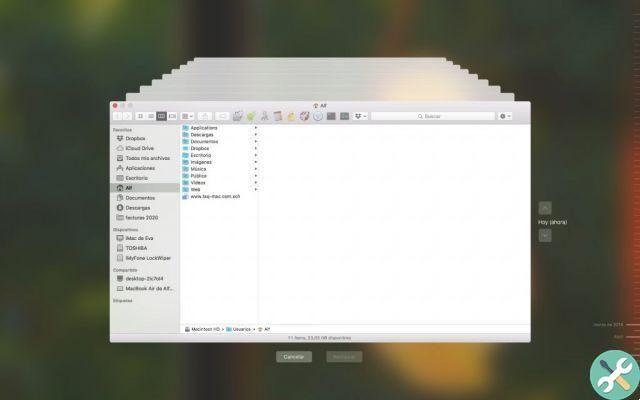


![Apple Vice Presidents Talk About Development of M1 for Mac [Updated]](/images/posts/c6254b668e5b3884d6b6338ccb8a02ff-0.jpg)








